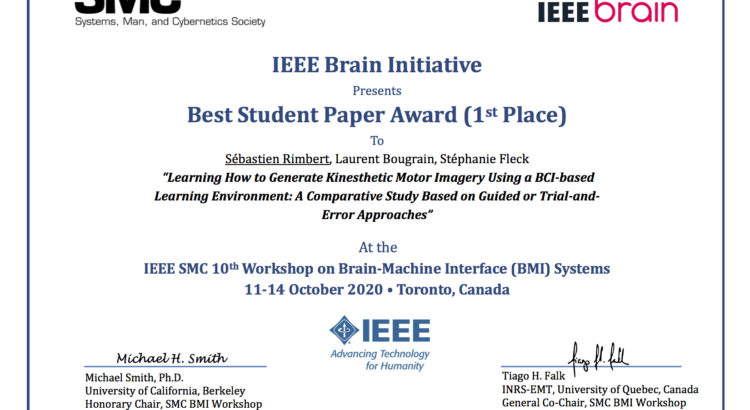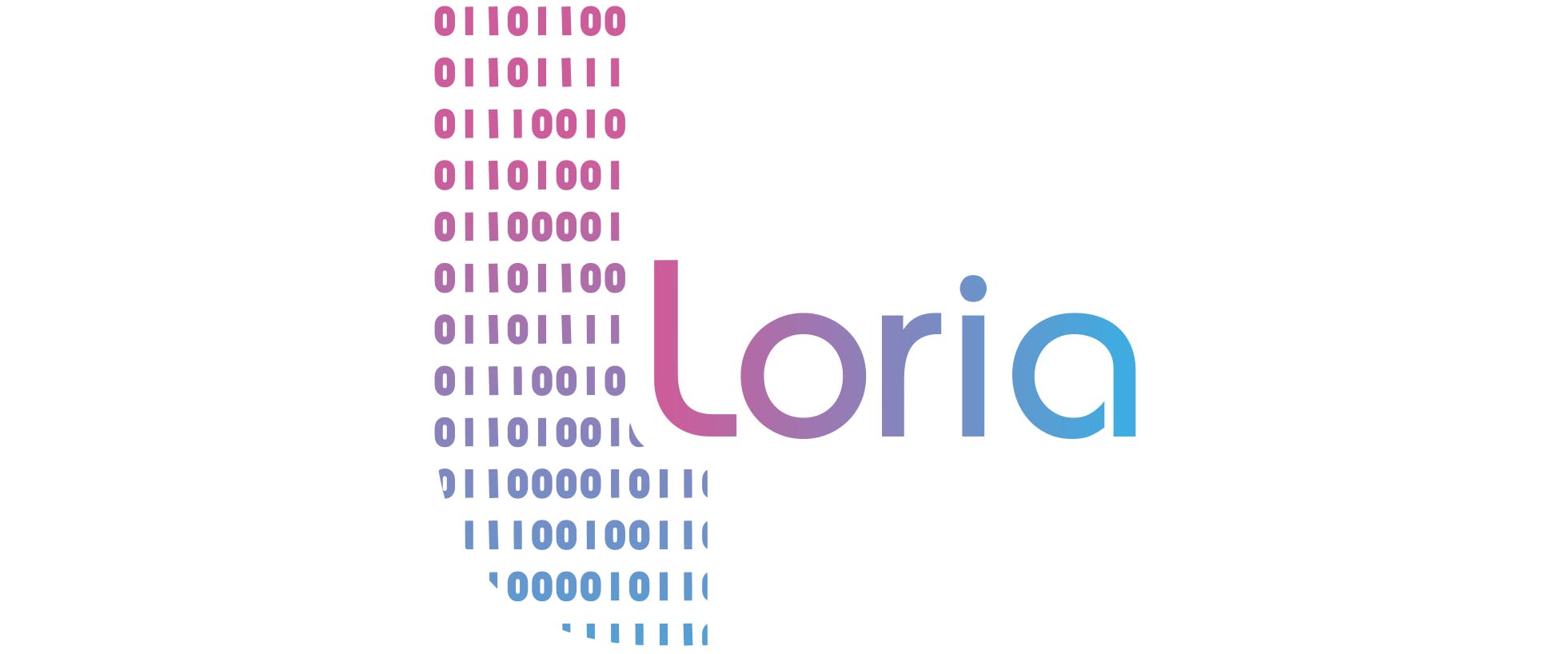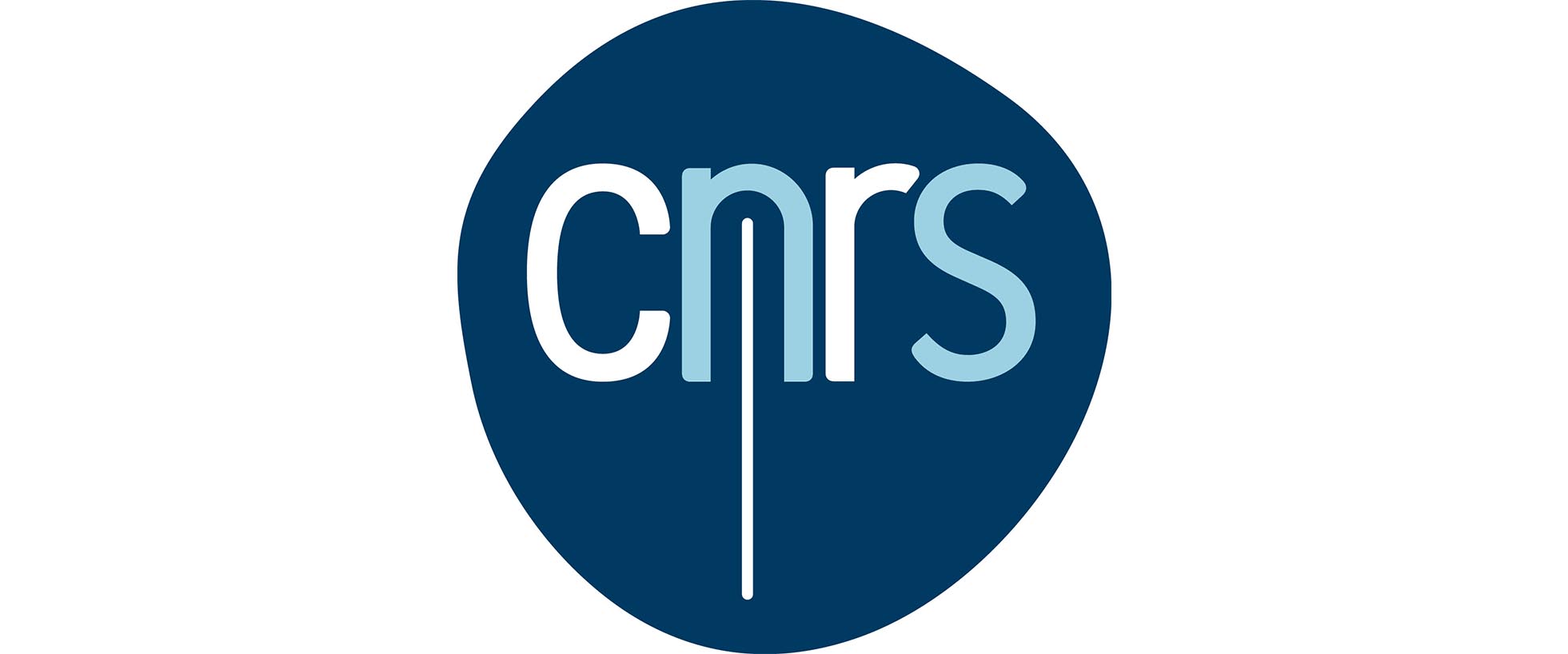Rendez-vous Mardi 20 juin 2023 à partir de 13h : Lien de l’évènement pour assister à la conférence.
L’accident vasculaire cérébral (AVC) est la première cause de handicap acquis chez l’adulte. Cette conférence présentera les causes, les facteurs de risques principaux et les conséquences motrices, sensitives et cognitives d’un AVC. Nous aborderons les thérapies conventionnelles mises en place et l’apport des interfaces cerveau-ordinateur en suivant la conception et l’évaluation de l’utilisabilité, de l’utilité et de la désirabilité d’un dispositif d’aide à la rééducation motrice du membre supérieur. Ce dispositif vise à soutenir l’imagination motrice kinesthésique utilisée comme thérapie par la présentation de neurofeedbacks visuel, haptique et tangible dans un environnement ludifié.
Intervenants :
Laurent Bougrain est maître de conférences en informatique à l’université de Lorraine et responsable de l’équipe de recherche NeuroRhythms du Laboratoire Lorrain de Recherche en Informatique et ses Applications (LORIA).
Claudie Chauvière est cadre de santé en kinésithérapie au centre de médecine physique et de réadaptation neurologique de Lay-Saint-Christophe de l’institut régional de réadaptation (IRR).







